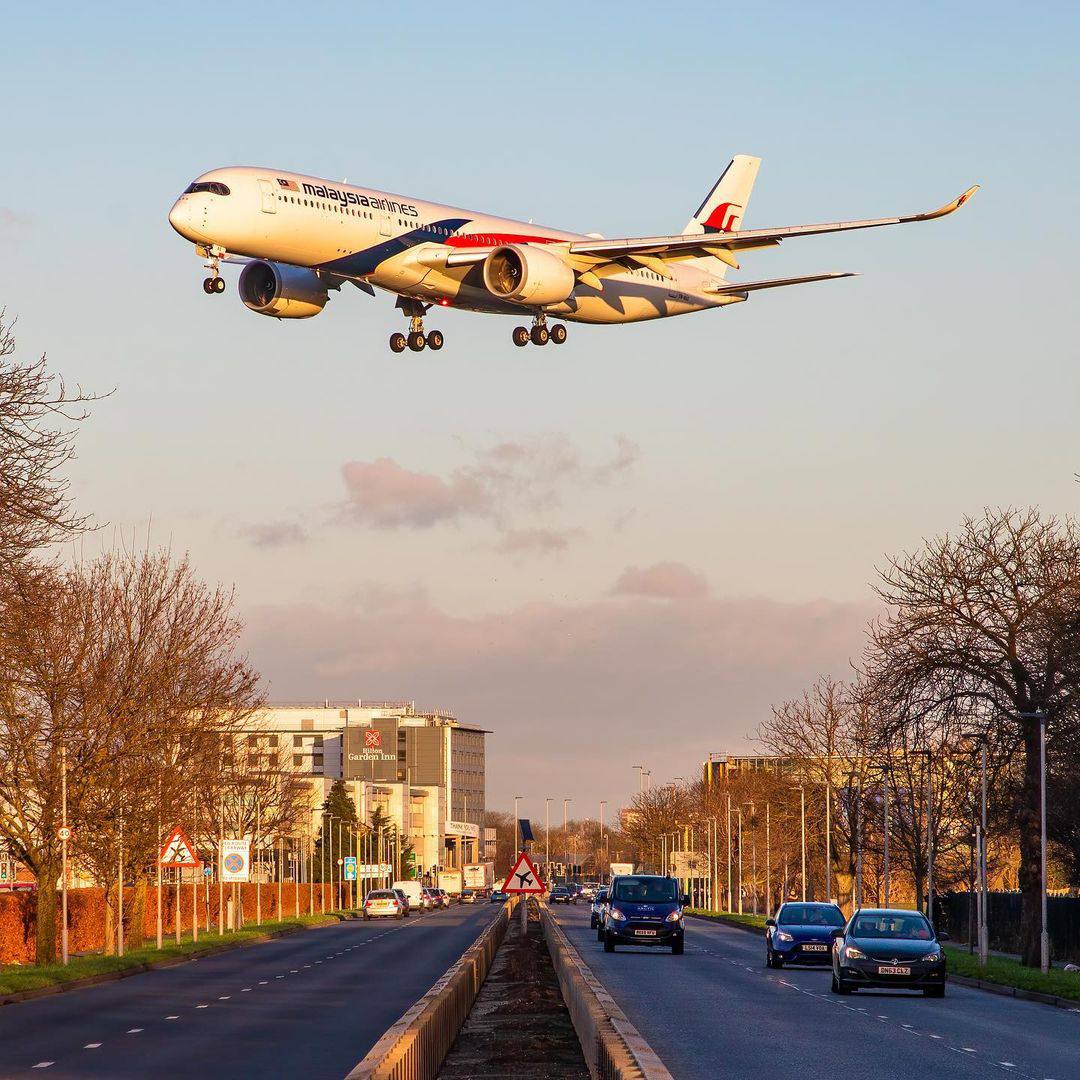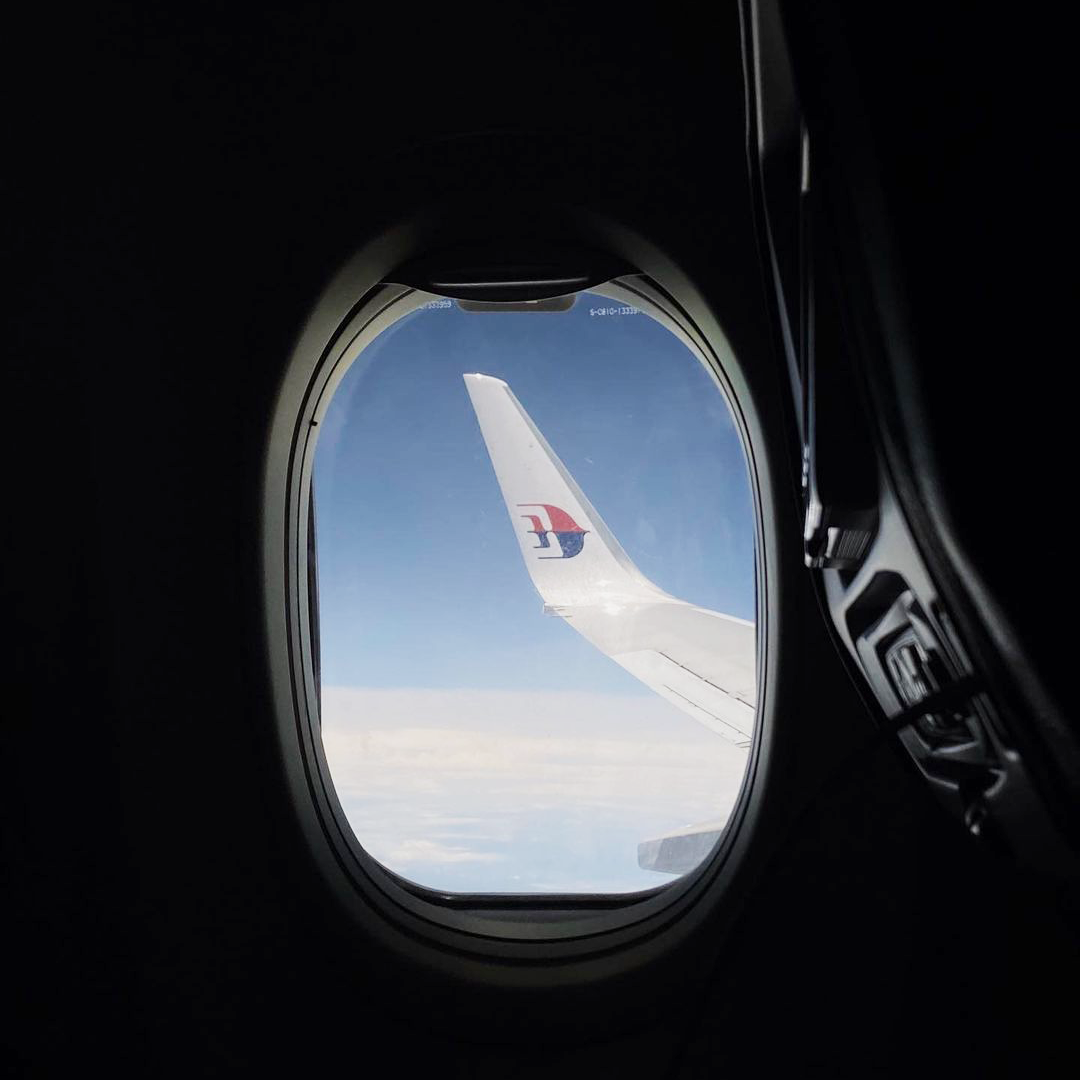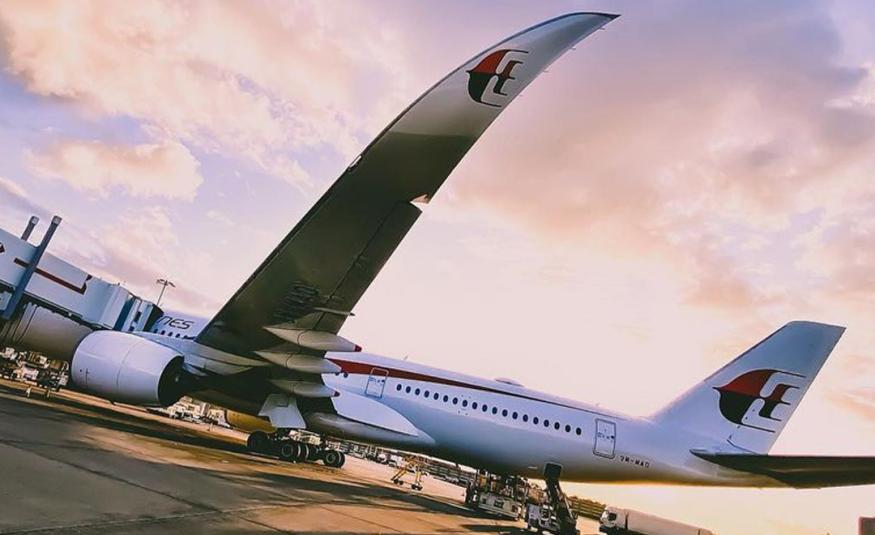KUALA LUMPUR April 24 – After a turbulent flight for the past two years, the Malaysia Aviation Group has returned to the black.
But can the entity which owns Malaysia Airlines and MAS Kargo sustain it's profitability?
Aviation analyst Captain Kamarul Ariff Abdul Karim said basically the ground turned in the “profit” by default.
This is via the reduction of the group's liabilities of over RM15 billion, of which RM10 billion of it's debt is eliminated by the government/Khazanah Nasional Bhd.
"However, there are challenges ahead as yield in cargo revenue will drop significantly as there are more competitors which are also taking to the skies."
"I see there will be more headwinds in the future as the jet fuel cost will increase significantly as a result of the Ukraine Russian war," Kamarul told DagangNews.com.
The former MAS and Etihad airlines pilot said COVID-19 issues still lingers on as borders are still not fully opened such as in China and there is a possibility that the superpower will close back its borders anytime.

Kamarul added to make matters worse, the government had intervened at a time when ticket price was increasing significantly to cover costs.
The government measure will snuff out any chances MAS had to rake in a higher profit.
"The weakening ringgit against the dollar makes aircraft leasing, aircraft parts, fuel and total operating costs becoming extremely high but yet the low-ticket prices can barely cover the costs.
Kamarul said MAS also had to face stiff competition from other airlines within Malaysia and abroad such as AirAsia, Emirates, Qatar Airways and Etihad.
Malaysia Airlines parent Malaysia Aviation Group turned in a "positive" profit in 2021 to reverse a RM1.76 billion loss in 2020.
The group announced last week it had reduced its loss for 2021 by 60 per cent compared to FY20, following sustainable strategies underlined in its enhanced Long-Term Business Plan 2.0.

Meanwhile University Kuala Lumpur Malaysian Institute of Aviation Technology's Head of Aviation Search & Rescue/Aviation Physical Fitness, Associate Professor Major Dr Mohd Harridon Mohamed Suffian said the profits obtained by the Malaysia Aviation Group were largely accounted by numerous factors.
One of them is the surge in demand for the transportation of cargo where this was fuelled by the pandemic which had seen the propensity or inclination of consumers toward online purchase of goods.
"This was beneficial to MASKargo that transported goods and packages belonging to these consumers.
"This is not solely a local trend but other airlines throughout the world had seen an increase in their cargo shipment business and some airlines even had altered their passenger airplanes to accommodate more cargo or to transport cargo in totality.
Speaking to DagangNews, Harridon said in order to retain or sustain the profit, the Malaysia Aviation Group ought to discern holistically the behaviour of consumers and their propensity.
Current trends should not be a decisive factor that directs the path of the company but rather it is future trends which make or break the company.
"Gaining this foresight requires in-depth analyses of current data of passengers and consumer traits, and it is imperative to unearth future trends from these analyses.
"If comprehensive data of these consumers are not readily available or if the current databases are not holistic in nature, it’s vital to start acquiring data of various shades.

Opening of borders has spurred profits
The opening of borders has seen an increase of the volume of passengers and within this context, Malaysia Aviation Group has the opportunity to restructure their air fares to capture the width of this market.
"Air fares are usually based upon market demands and the demands are substantially different during pre-COVID, pandemic era, and post-COVID.
"It’s a norm for airlines to use a set of algorithms to set the prices of air fares, of which these algorithms would take in parameters such as vacation time range, mode of travellers, the size of market, demands of market, and others.
For the Malaysia Aviation Group to retain profits, it’s vital for these algorithms to capture the differences of consumer’s behaviour during pre-COVID, pandemic era, and post COVID and use those differences to develop competitive prices of air fares.

"It should be noted that the establishment of air fares prices were also based upon the flight distance between the origin and the destination where more fuel is burned for longer flights.
"For sustainability of profits and also to retain the good faith of consumers, there should be a trade-off between fuel surcharge and the distance covered by flights where a balance point related to air fare should be established in order to be fair to consumers.
This is because there were cases where air fares were extremely high due to market demand even though the flight distance was quite short.
"This was evidently shown in cases of flight tickets being high during local festive season with consumers equating the prices of local flights to international flights. – DagangNews.com










